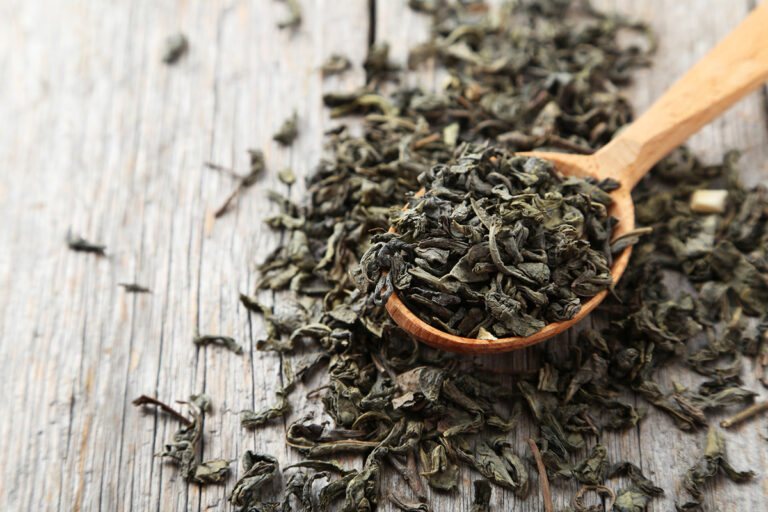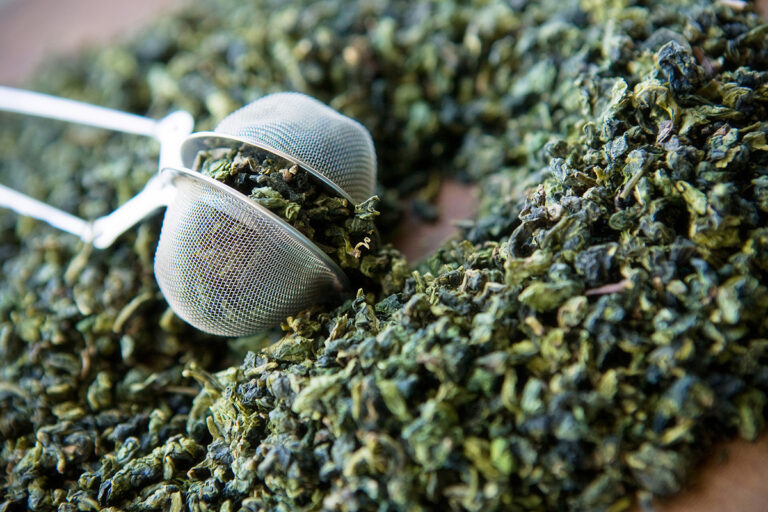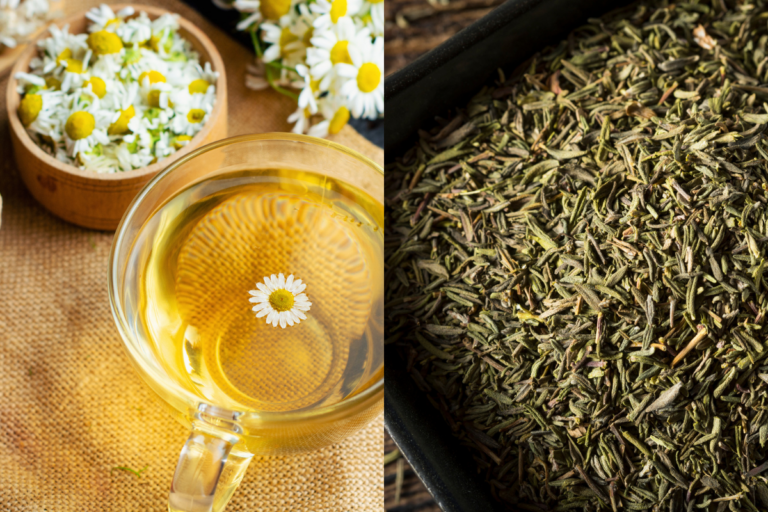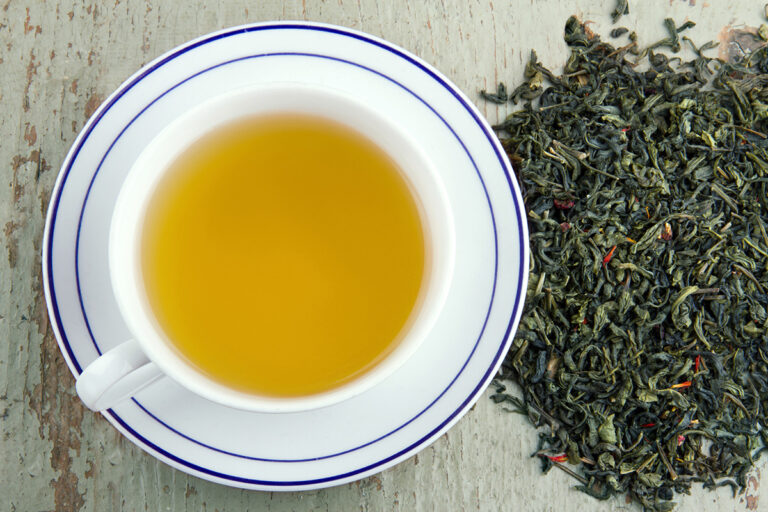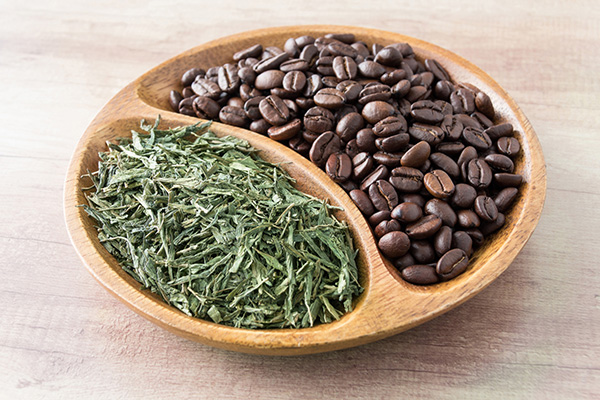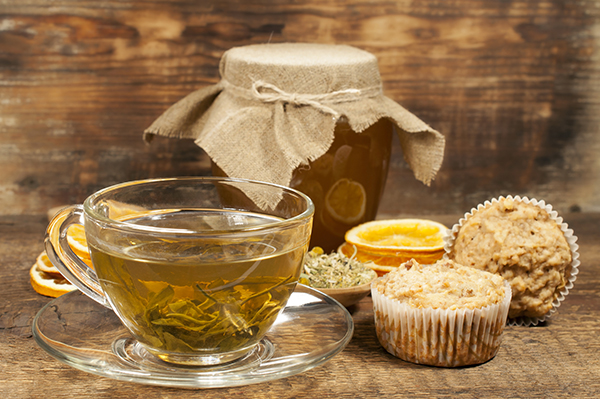Does Green Tea Have Probiotics?
Green tea is a popular beverage known for its numerous health benefits, including boosting metabolism, improving brain function, and preventing cancer. In recent years, many have wondered if green tea contains probiotics.
This article delves into the relationship between green tea and probiotics, and explores the potential benefits of probiotic green tea.
But first, does green tea have probiotics? No, pure green tea doesn’t have probiotics, but it does contain compounds that can support gut health and promote the growth of beneficial bacteria.

What are Probiotics?
Probiotics are live microorganisms that can provide various health benefits when consumed in adequate amounts. They help maintain a healthy balance of gut bacteria and have been linked to numerous health benefits, including improved digestion, enhanced immune function, and reduced risk of certain diseases. Probiotics are commonly found in fermented foods such as yogurt, kefir, sauerkraut, and kimchi.
What Is Green Tea?
Green tea is made from the leaves of the Camellia sinensis plant, which is native to East Asia. The leaves are minimally processed, allowing them to retain high levels of antioxidants and other beneficial compounds. Green tea is rich in polyphenols, including catechins, which are known to have anti-inflammatory and antioxidant properties.
Does Green Tea Have Probiotics?
In short, green tea itself does not contain live probiotics. The process of making green tea does not involve fermentation, which is necessary for the growth of beneficial bacteria. However, green tea does contain compounds that can support gut health and promote the growth of beneficial bacteria.
Polyphenols and Gut Health
Green tea’s polyphenols, especially the catechins, have been shown to positively impact gut health. They act as prebiotics, which are substances that promote the growth of beneficial bacteria in the gut. By providing a favorable environment for the growth of probiotics, green tea indirectly supports gut health and may even enhance the effectiveness of probiotic supplements or foods.
Probiotic Green Tea Products
While green tea itself does not contain probiotics, some manufacturers have combined green tea with live probiotics to create unique products that provide the health benefits of both. These probiotic green tea products are typically available in the form of beverages, capsules, or powders.
Besides products that combine green tea and probiotics, there is a wide variety of probiotic teas that blend other types of tea with probiotics. Examples include probiotic-infused teas featuring ginger, chamomile, and many more, offering a diverse range of flavors alongside potential health benefits.
Probiotic Green Tea Benefits
By combining the health benefits of green tea and probiotics, these innovative products offer several advantages:
- Improved Digestion: Probiotics can help restore balance in the gut, easing digestive issues such as bloating, constipation, and diarrhea. The prebiotic effect of green tea’s polyphenols further supports healthy digestion.
- Enhanced Immune Function: Both green tea and probiotics have been linked to improved immune function. Green tea’s antioxidants can protect the immune system from damage, while probiotics help maintain a balanced gut microbiome, which plays a crucial role in immune health.
- Weight Management: Green tea is known to increase metabolism and fat oxidation, which can help with weight management. Probiotics may also play a role in regulating body weight by influencing the balance of gut bacteria.
- Reduced Inflammation: Green tea’s anti-inflammatory properties can help reduce chronic inflammation, which is linked to various diseases. Probiotics may also contribute to reduced inflammation by promoting a healthy gut environment.
How to Incorporate Probiotic Green Tea into Your Diet
There are several ways to enjoy the benefits of probiotic green tea:
- Probiotic Green Tea Beverages: These ready-to-drink beverages combine the refreshing taste of green tea with the health benefits of probiotics. Look for products that contain live probiotics and minimal added sugars.
- Probiotic Green Tea Capsules or Powders: These supplements offer a convenient way to enjoy the benefits of green tea and probiotics. Follow the manufacturer’s recommended dosage and consult your healthcare provider before starting any new supplement regimen.
- Make Your Own Probiotic Green Tea: You can create your own probiotic green tea by brewing a cup of green tea and adding a serving of probiotic-rich foods such as yogurt, kefir, or even a probiotic supplement. This homemade version allows you to customize the flavor and probiotic content to your liking. If you decide to go this route, consider these highest-quality green teas.
- Probiotic Green Tea Smoothies: Blend green tea with probiotic-rich foods like yogurt or kefir, along with your favorite fruits, for a delicious and nutritious smoothie. This is a great way to combine the health benefits of green tea, probiotics, and fruit in one tasty drink.
Conclusion
While green tea itself does not contain probiotics, it can support gut health by promoting the growth of beneficial bacteria through its polyphenols. The growing market for probiotic green tea products allows consumers to enjoy the combined health benefits of green tea and probiotics. Incorporating probiotic green tea into your diet can lead to improved digestion, enhanced immune function, weight management, and reduced inflammation, making it a valuable addition to a healthy lifestyle.
FAQ
Does Green Tea Make You Poop?
Yes, green tea might stimulate bowel movements in some people. This effect can be attributed to its caffeine content and its potential to stimulate the muscles in the gastrointestinal system. However, responses can vary greatly from person to person.

